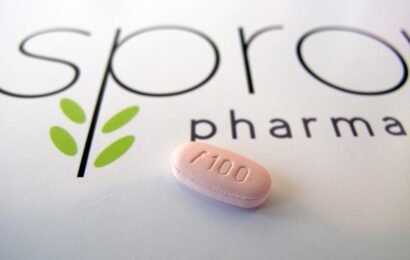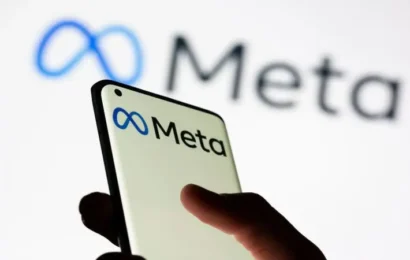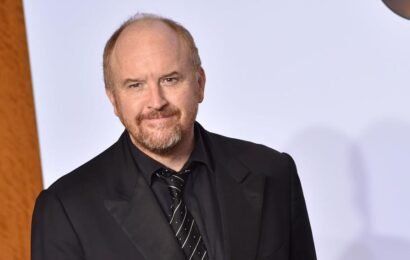
In a sweeping and controversial move, U.S. Health and Human Services Secretary Robert F. Kennedy Jr. has announced the cancellation of nearly $500 million in federal funding earmarked for the development of mRNA-based vaccines. The decision, which affects 22 active projects under the Biomedical Advanced Research and Development Authority (BARDA), marks a dramatic shift in the nation’s approach to vaccine innovation and pandemic preparedness.
Background: A Coordinated Wind-Down of mRNA Projects
The Department of Health and Human Services (HHS) issued a statement on Tuesday confirming the termination of contracts and grants related to mRNA vaccine development. These projects, many of which were initiated during the COVID-19 pandemic, included efforts by leading pharmaceutical companies such as Pfizer, Moderna, Sanofi Pasteur, and AstraZeneca. Among the canceled initiatives was Moderna’s contract to develop a bird flu vaccine, which had already been quietly terminated in May.
Kennedy framed the decision as a strategic pivot away from mRNA technology, citing concerns over its long-term safety and effectiveness. “HHS has determined that mRNA technology poses more risk than benefits for these respiratory viruses,” Kennedy said. “A single mutation can make mRNA vaccines ineffective,” he added, referencing the rapid evolution of viruses like COVID-19 and influenza.
Kennedy’s Justification: Safety Over Speed
Kennedy, a long-time vaccine skeptic, emphasized that the funding would be redirected toward “safer, broader vaccine platforms” that remain effective even as viruses mutate. These include whole-virus vaccines and other novel platforms that, according to Kennedy, do not “collapse when viruses mutate.”
“We reviewed the science, listened to the experts, and acted,” Kennedy stated. “Let me be absolutely clear: HHS supports safe, effective vaccines for every American who wants them.” However, he did not provide specific details on the alternative platforms or the scientific basis for the shift.
Scientific Community Reacts: “A Dangerous Decision”
The announcement has triggered a wave of criticism from leading public health experts, scientists, and former government officials. Dr. Paul Offit, director of the Vaccine Education Center at the Children’s Hospital of Philadelphia, called the rationale “scientifically flawed.” He emphasized that viruses mutate regardless of vaccination and that mRNA vaccines have proven to be remarkably safe and effective in preventing severe disease.
Epidemiologist Dr. Michael Osterholm, a veteran of pandemic preparedness, described the move as “one of the worst decisions I’ve seen in 50 years of public health work.” He warned that traditional vaccine manufacturing methods, such as growing viruses in chicken eggs, are too slow to respond to fast-moving pandemics. “We desperately need a vaccine technology where we could make enough vaccine for the world in a year,” Osterholm said.
Rick Bright, former director of BARDA, echoed these concerns, stating that dismantling mRNA infrastructure “cripples our front-line defense just ahead of unknown biological threats.” Chris Meekins, a former HHS official, warned that the decision “creates a national security vulnerability” by eliminating a key deterrent against biological agents.
What Are mRNA Vaccines?
Messenger RNA (mRNA) vaccines work by instructing cells to produce proteins that mimic those found on pathogens, triggering an immune response. Unlike traditional vaccines, which often use inactivated viruses, mRNA vaccines can be developed and manufactured rapidly. This speed was critical during the COVID-19 pandemic, allowing Pfizer and Moderna to roll out vaccines in record time.
Beyond infectious diseases, mRNA technology is being explored for cancer immunotherapies and other medical applications. Experts argue that the platform’s flexibility and scalability make it indispensable for future health crises.
Policy Shifts Under Kennedy’s Leadership
Since assuming office, Kennedy has made several controversial changes to federal vaccine policy. In June, he dismissed all 17 members of the committee responsible for issuing immunization recommendations and replaced them with individuals who have questioned vaccine safety. He also removed COVID-19 vaccines from the CDC’s recommended schedule for healthy children and pregnant women, despite continued endorsement from the CDC.
Kennedy has also ordered a new study into the long-debunked link between vaccines and autism, further fueling concerns that ideology is overriding scientific consensus at the nation’s top health agency.
What Comes Next?
The HHS has stated that while mRNA vaccine development under BARDA is being terminated, other uses of mRNA technology within the department—such as cancer research—will not be affected. Contracts nearing completion will be allowed to finish, but no new mRNA-based projects will be initiated. BARDA Ventures, the agency’s investment arm, has also been instructed to cease all mRNA-related equity investments.
Instead, HHS is expected to invest in platforms like “Generation Gold Standard,” a universal vaccine initiative supported by the National Institutes of Health (NIH). However, details remain sparse, and experts are skeptical about whether these alternatives can match the speed and adaptability of mRNA technology.
Final Thoughts: A Crossroads for U.S. Vaccine Strategy
Kennedy’s decision to cancel $500 million in mRNA vaccine funding represents a seismic shift in U.S. public health policy. While framed as a move toward safety and broader efficacy, critics argue it undermines one of the most promising tools in the fight against pandemics. As the world continues to grapple with emerging infectious threats, the debate over mRNA technology—and the role of science in shaping policy—is far from over.















